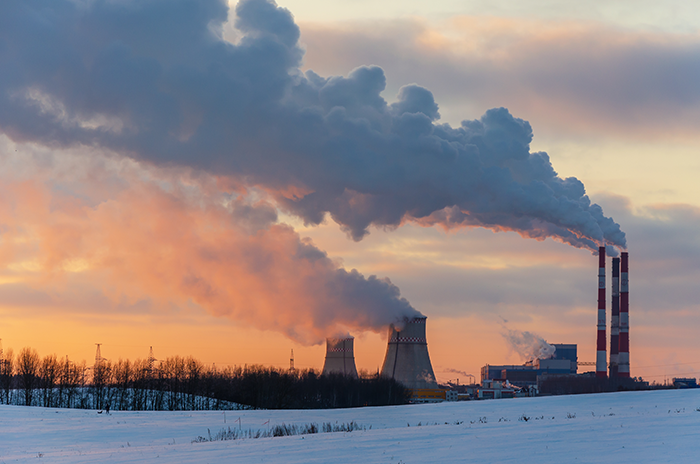Estonia Economic Snapshot
Economic Forecast Summary (November 2022)

Economic Outlook Note - Estonia
The economy will weaken considerably as the impact of Russia’s war of aggression against Ukraine becomes more broad-based. Real GDP growth is projected to slow to 0.5% in 2023 due to weaker domestic demand and a deteriorating external environment, despite support from fiscal policy. Growth will rebound in 2024 to 3.2%. Inflation should peak by the end of this year but remain elevated in 2023 and decrease only as spare capacity in the economy increases.
©Shutterstock/Karabin
Read full country noteEconomic Survey of Estonia (June 2022)
Since its independence, Estonia has made tremendous progress towards greater economic prosperity. Estonia enjoys solid institutions, political stability, a strong and credible fiscal policy, as well as a robust financial sector. Estonia is also a frontrunner in digital governance and innovation. Stable and secure digital services are in fact one of the factors that have allowed Estonia to cushion better than others the sanitary and economic shock from the pandemic. After an impressive post-pandemic rebound, a renewed focus on structural reforms will help Estonia remain on a path of rapid convergence and cushion the new shock entailed by the war in Ukraine. Reforms should focus on addressing labour shortages and skills mismatches, while protecting the existing flexibility of the labour market.
Executive Summary
Presentation
Reform Priorities (April 2021)

Going for Growth 2021 - Estonia
The top policy priority is to recover strong labour market performance while preparing the workforce for greater use of digital technologies and low-carbon economic growth. Unemployment is expected to remain higher than before the pandemic and several categories of workers risk losing attachment to the labour market.
©Shutterstock/Anton Petrus
Read full country note2021 Structural Reform Priorities
- Labour market: In the wake of the crisis, activation and training are essential to maintain inclusiveness, particularly for the low skilled
- R&D and digitalisation: Boost digital infrastructure to promote business connectivity and dynamism
- Energy: Improve energy efficiency to reduce high CO2 emissions
- Tax system: Tilt taxation away from labour to spur an inclusive recovery
- Competition and regulation: Reducing the stringency of the insolvency regime to promote a quicker recovery and efficient reallocation of resources